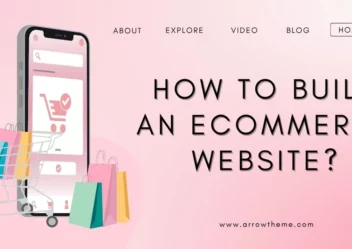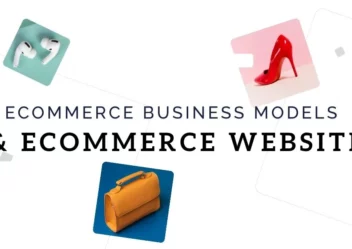ClickFunnels Vs Shopify: Which Is The Best?
It’s exciting to launch your own online store! However, with so many options, it can become overwhelming. ClickFunnels vs Shopify are two well-known eCommerce platforms people use to build their shops. But which one is right for you?
In this article, we’re going to break down both ClickFunnels and Shopify. We’ll look at what makes each one special and where they differ. And, you’ll have a clearer idea of which platform fits your business best.
Let’s dive in!
Lusion – Multipurpose eCommerce Shopify Theme
We provide an amazing Shopify theme with fast and responsive designs. Let’s find out!
ClickFunnels Vs Shopify: A Brief Overview
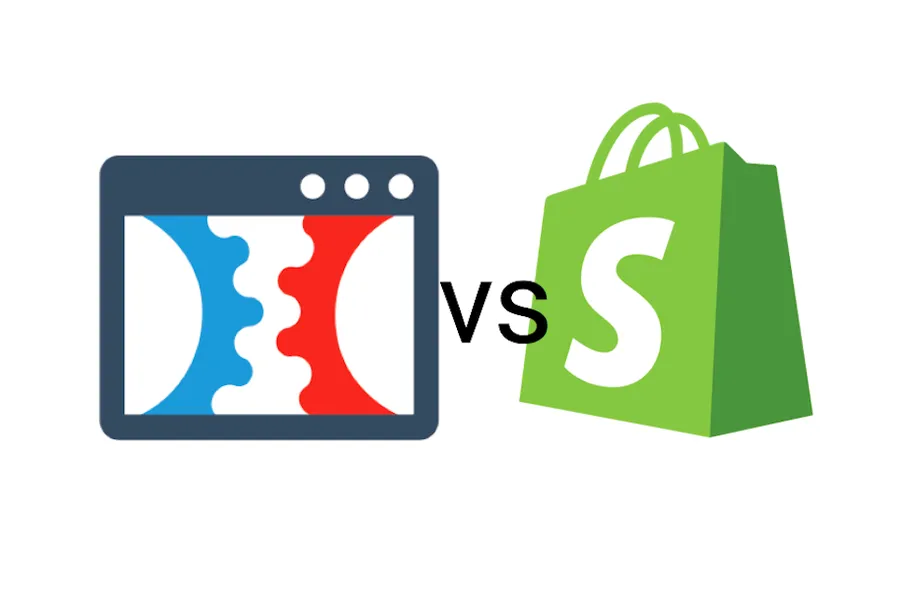
ClickFunnels is a tool used to create guided sales processes for specific products. It offers pre-designed templates that lead customers through a buying journey, with opportunities for upsells and additional purchases. This makes it ideal for promoting a limited number of items.
ClickFunnels offers three plans, Basic, Pro, and Funnel Hacker, priced at $127, $157, and $208 per month (billed annually) respectively. The plans differ in the number of funnels, users, and contacts allowed. ClickFunnels is suitable for entrepreneurs seeking to build courses and analyze data, but it can be expensive for those with limited budgets.
Conversely, Shopify is a platform for building online stores. It provides templates for showcasing a wide range of products, allowing customers to browse and search independently. The focus is on product presentation and a traditional shopping experience, rather than a structured sales pitch. Shopify is often a more affordable choice for businesses starting out.
Shopify comes with three plans (Basic, Shopify, and Advanced) starting at $29, $79, and $299 per month (billed annually). The plans vary in transaction fees, reporting features, and staff accounts. Shopify is ideal for dropshipping businesses, offering easy setup and various integrations, but it lacks customization options and can become costly with add-ons.
Check our comparison of ClickFunnels and Shopify Pricing plans:
| Plan | ClickFunnels | Shopify |
| Minimum | $127/month | $29/month |
| Medium | $157/month | $79/month |
| Upgraded | $208/month | $299/month |
ClickFunnels Vs Shopify: Detailed Comparison
Let’s check a quick comparison of ClickFunnels vs Shopify before going to the details:
| Feature | ClickFunnels | Shopify | Notes |
| Starting Price (annual) | $127/month | $29/month | ClickFunnels is significantly more expensive. |
| Free Trial | 14 days | 3 days | ClickFunnels offers a much longer trial period. |
| Customer Support | Limited email and chat support | 24/7 chat, phone, and email support | Shopify offers superior customer support with more options and availability. |
| Social Media Integration | Yes, unlimited | Yes, unlimited | Both platforms offer robust integration, but Shopify may have a wider range of options due to its extensive app store. |
| Storage Limit | Unlimited | Unlimited | Both platforms provide unlimited storage, allowing for scalability as your business grows. |
| Drag-and-Drop Editor | Yes | Yes | Both platforms prioritize user-friendliness with intuitive drag-and-drop website builders, eliminating the need for coding knowledge. |
| Additional Features | Sales funnel-focused approach | Extensive app store, wider customization | ClickFunnels is ideal for lead generation and conversions, while Shopify offers more flexibility for diverse marketing strategies. |
ClickFunnels Vs Shopify: Free Trials and Pricing
Both Shopify vs ClickFunnels offer free trials to allow users to explore the platform’s features and functionality before making a long-term commitment. Notably, ClickFunnels offers a significantly longer trial period of 14 days, compared to Shopify’s shorter three-day trial.
In terms of pricing, both platforms provide monthly and annual billing options. Opting for annual billing results in a discount for both platforms. However, it’s important to highlight that ClickFunnels comes at a considerably higher price point than Shopify. The starting price for ClickFunnels is $127 per month when billed annually, roughly four times the cost of Shopify, which starts at $29 per month with annual billing.
Choosing the right platform involves carefully considering the length of the free trial and the overall pricing structure to align with your budget and business needs.
ClickFunnels Vs Shopify: Prioritizing Customer Service

Reliable customer service is essential for any business platform, particularly when establishing and maintaining an online presence.. When comparing Shopify and ClickFunnels, their support offerings reveal a significant difference.
Shopify stands out as a leader in providing 24/7 support through various channels, including chat, phone, and email. This comprehensive approach ensures that users can receive assistance whenever they need it, even outside regular business hours.
ClickFunnels, in contrast, has a more limited support system. While it offers email and chat support, users should anticipate responses primarily during standard business hours.
This contrast underscores the importance of considering support options when choosing a platform. For users who prioritize accessible and timely assistance, Shopify clearly holds the advantage.
ClickFunnels Vs Shopify: Social Network Integration
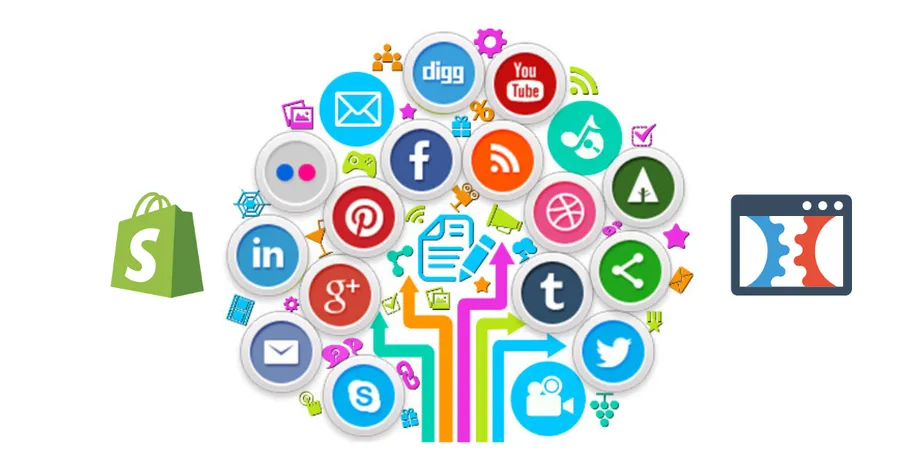
With ClickFunnels and Shopify, you can seamlessly connect your store to popular social networks like Facebook, Instagram, Pinterest, and more. This opens up numerous avenues for promoting your products or services, such as:
- Targeted advertising: Run highly specific ad campaigns to reach your ideal customers based on their interests, demographics, and online behavior.
- Organic content sharing: Share engaging posts, stories, and reels featuring your products to attract attention and drive traffic to your store.
- Shoppable posts: Allow customers to browse and purchase your products directly from their social media feeds, streamlining the buying process.
- Social media contests and giveaways: Encourage user-generated content and boost brand awareness through interactive social media promotions.
While both ClickFunnels vs Shopify excel in social media integration, there are some nuanced differences to consider. ClickFunnels is often favored for its sales funnel-focused approach, making it ideal for businesses that prioritize lead generation and conversion optimization.
On the other hand, Shopify’s extensive app store offers a wider range of social media integration options, providing more flexibility and customization for businesses with diverse marketing strategies.
ClickFunnels Vs Shopify: Unlimited Storage
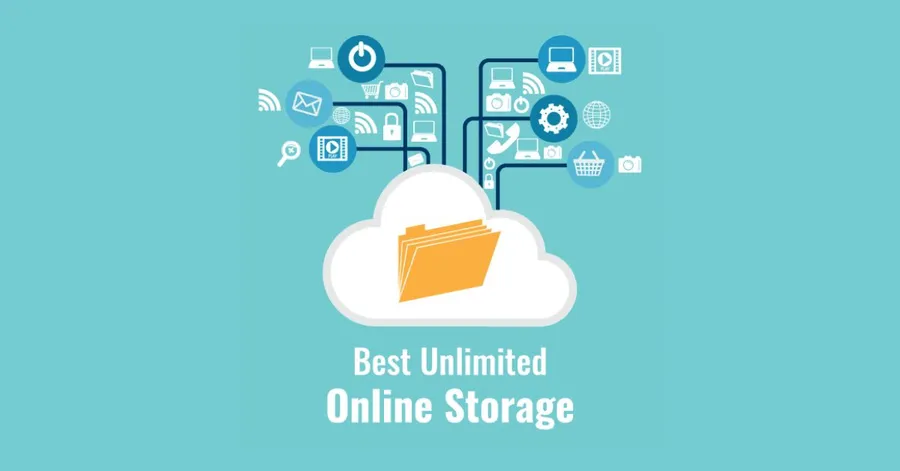
Both Shopify and ClickFunnels offer unlimited storage for your online store. This means you can upload as many product images, videos, and other files as needed without worrying about running out of space.
This is a significant advantage over some other e-commerce platforms, which may have storage limits that can hinder your business growth or even cause technical issues if exceeded.
When comparing Shopify and ClickFunnels, you can be confident that your store will scale smoothly as your product catalog and customer base grow.
ClickFunnels Vs Shopify: Drag-and-Drop Editor
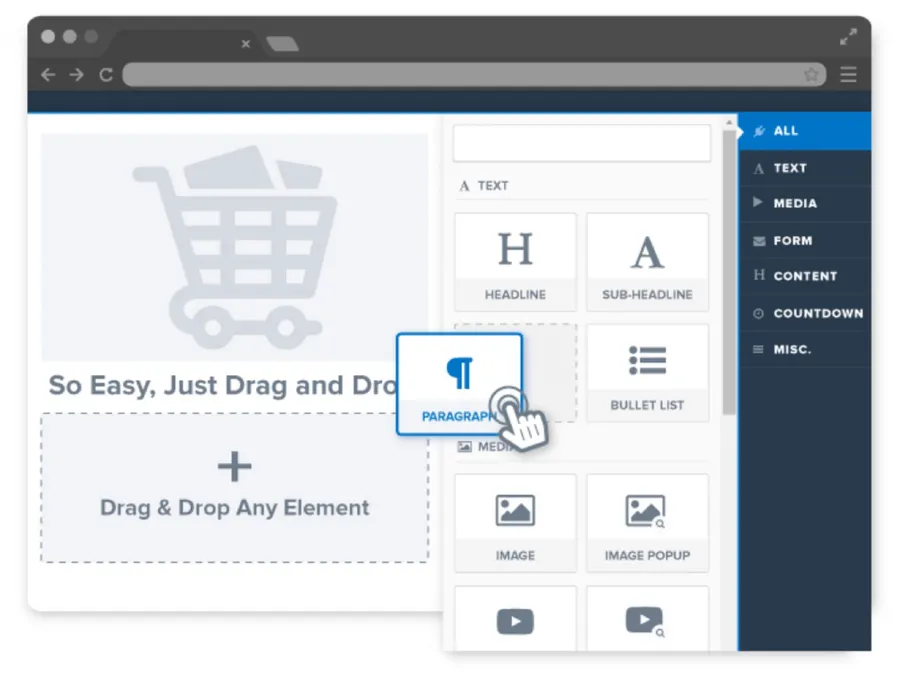
ClickFunnels and Shopify both prioritize user-friendliness by incorporating a drag-and-drop website builder. This intuitive feature eliminates the need for coding knowledge, allowing you to effortlessly customize your online store’s layout and appearance. By simply dragging and dropping elements like text boxes, images, and product listings, you can quickly create a visually appealing and functional storefront.
This drag-and-drop functionality is particularly beneficial when setting up your initial store and launching your first marketing campaign. You can easily experiment with different layouts, rearrange elements, and fine-tune your design until you achieve the desired look and feel. This flexibility empowers you to create a unique and engaging online shopping experience for your customers.
Final Thoughts:
ClickFunnels and Shopify are great options for building your website, but the best choice depends on what you want to achieve. ClickFunnels is perfect for those who want to create a strong sales pitch for one product or service, with the option to suggest other related products to customers. Shopify, on the other hand, is ideal for building a traditional online store with many different products, as it provides everything you need for e-commerce, including a shopping cart and payment processing.
Read More: Best Alternatives To Facebook Marketplaces

